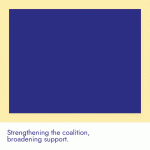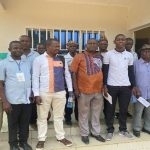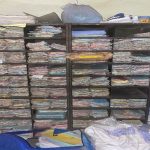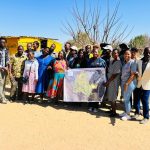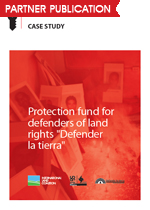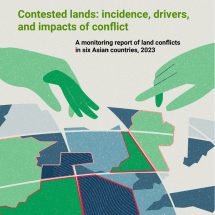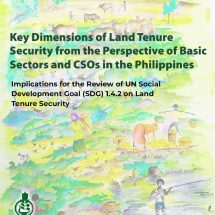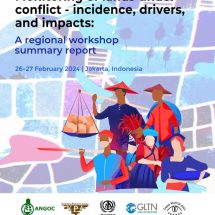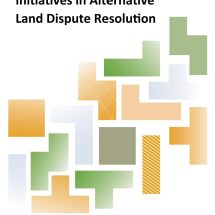 Throughout the world, from Colombia to Uganda, and from the Philippines to Guatemala, human rights defenders working on land issues are threatened, harassed and even killed because of their peaceful actions for more just, inclusive and democratic societies.
Throughout the world, from Colombia to Uganda, and from the Philippines to Guatemala, human rights defenders working on land issues are threatened, harassed and even killed because of their peaceful actions for more just, inclusive and democratic societies.
In their reports to the UN Human Rights Council, both Margaret Sekaggya3 and Hina Jilani, the current and former Special Rapporteurs of the UN Secretary General on the situation of Human Rights Defenders, highlighted the particular vulnerability of human rights defenders working on land rights and natural resources; this group is the second most in danger of being killed because of their activities (Jilani: 2007). In many countries, civil society and farmers’ organisations, indigenous groups and social movements working on land rights also find their freedom of expression and freedom of peaceful assembly and association severely curtailed or violated.
While violations of human rights have always occurred when people struggle to secure their legitimate land rights, demand fairer distribution of resources or advocate more effective participation in land governance, the growing demand for land for productive activities, as well as for human settlements and environmental conservation, has exacerbated land conflicts in many countries and created a climate of violence against human rights defenders working on land rights.

